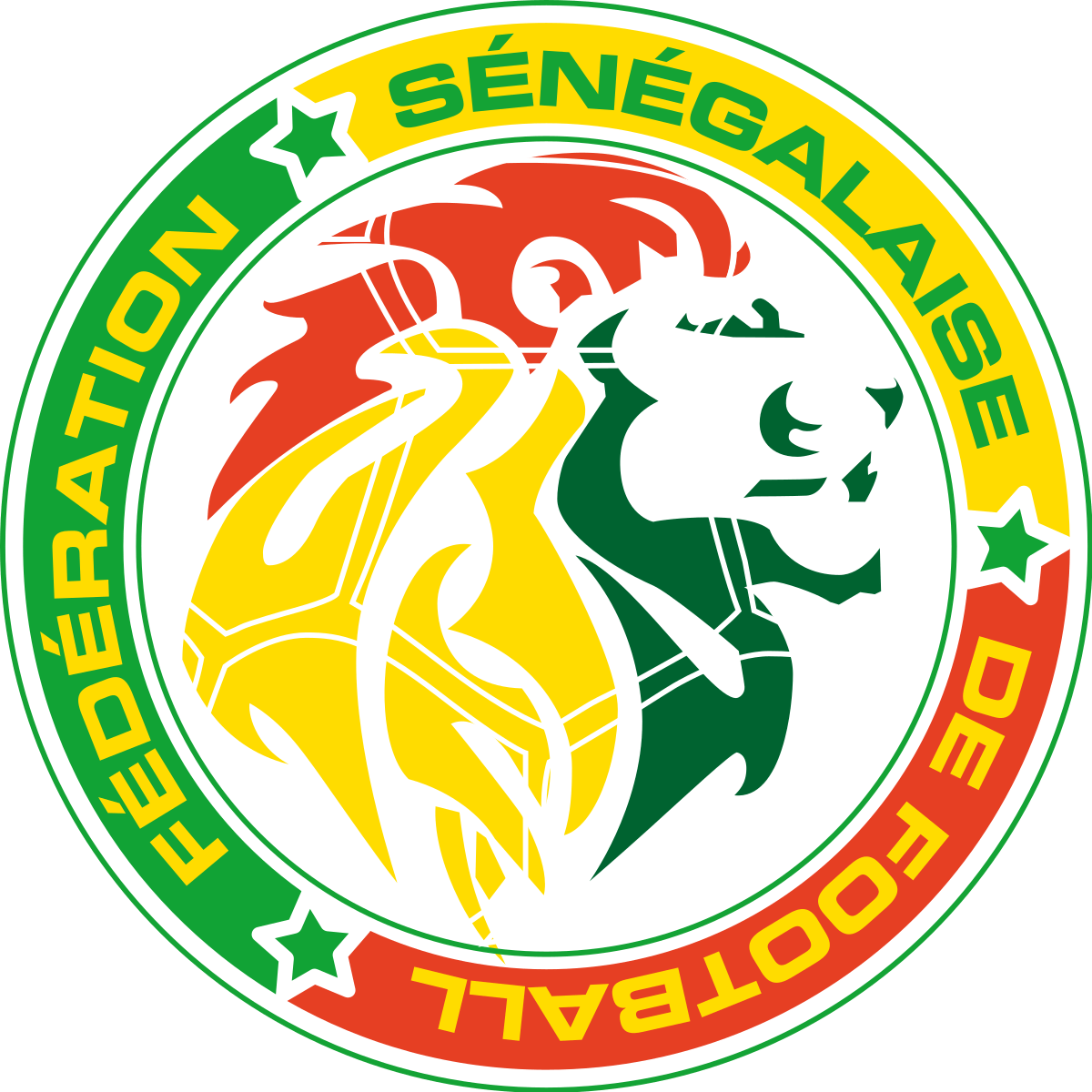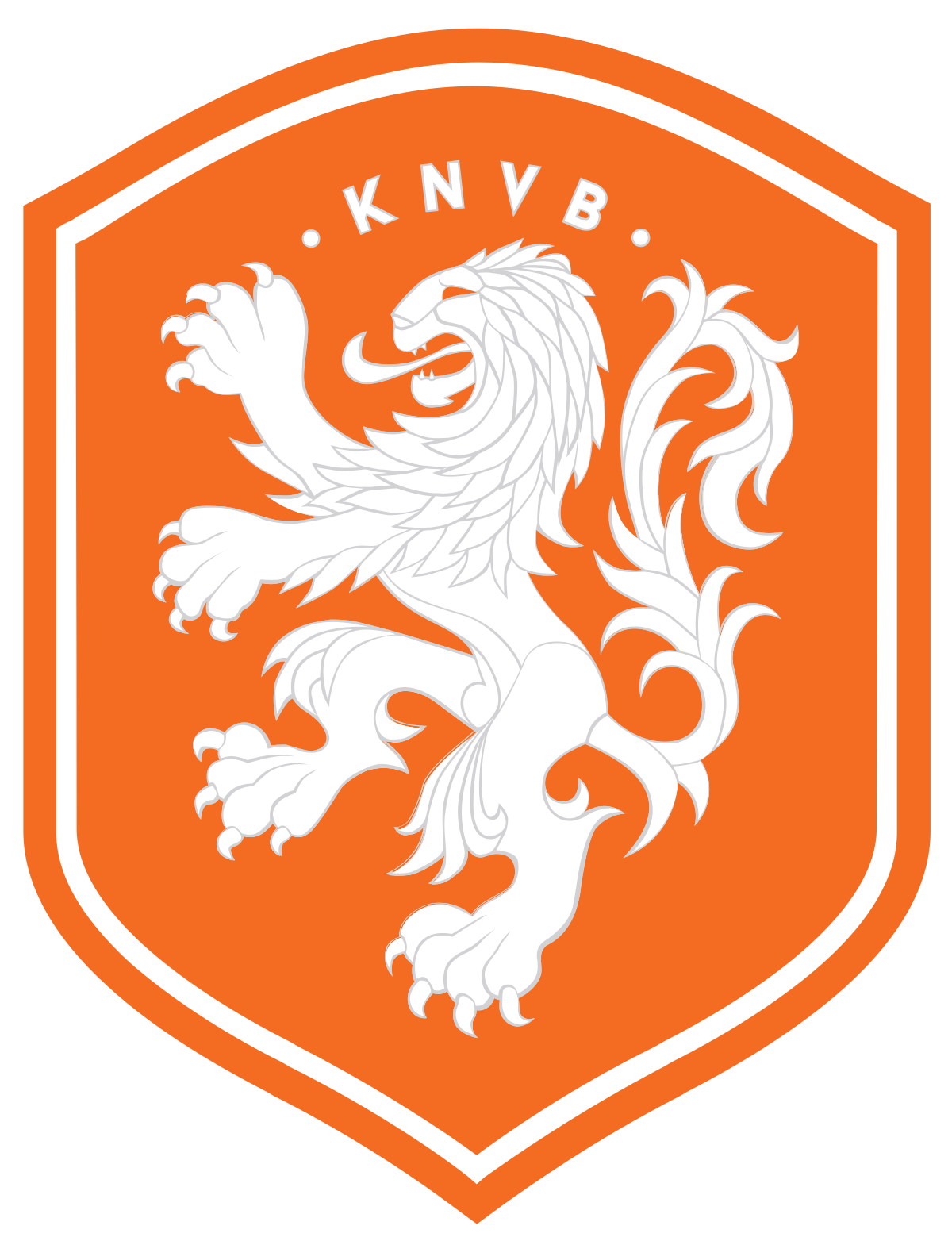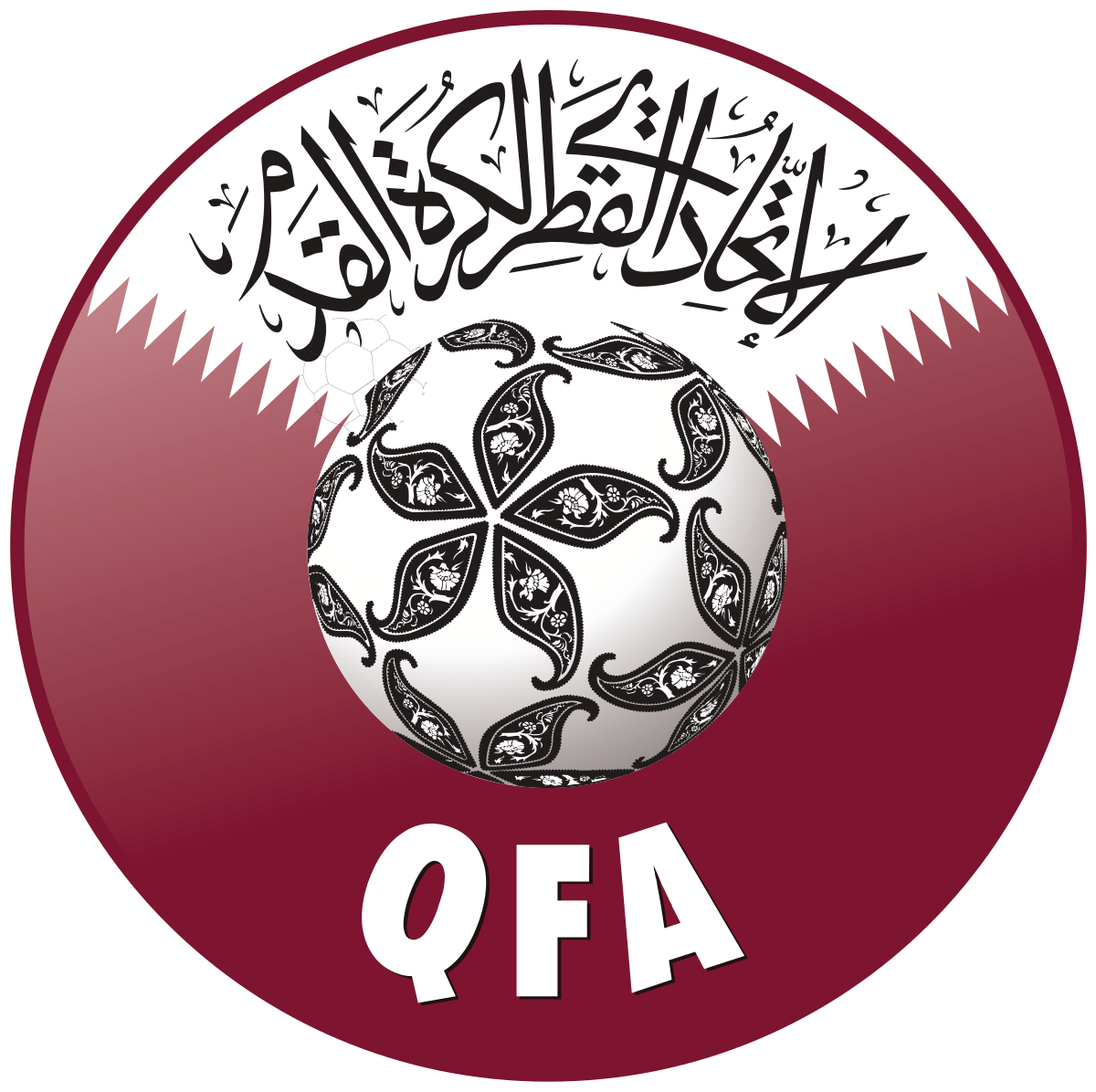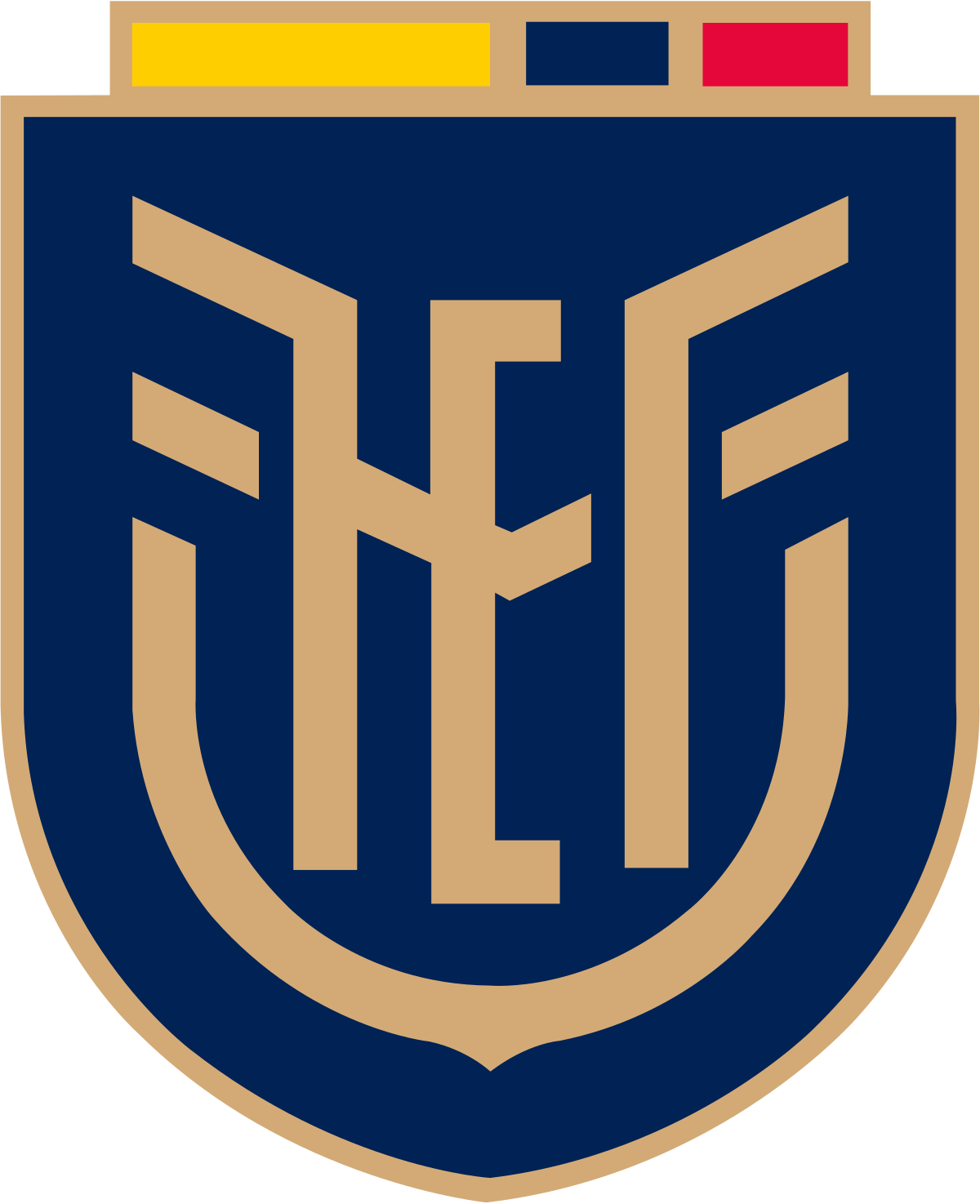
Senegal
(Lions of Teranga)
Previous Finals Participations: 2
Quarter Finals: 1 (2002)
Group Stage: 1 (2018)
Current FIFA Ranking: 18
Sadio Mané
Read More
Kalidou Koulibaly
Read More
Idrissa Gueye
Read More
Aliou Cissé
Read More
Group A Schedule
Game 1 – Monday 21st November 2022

Netherlands
19:00 Qatar Time/16:00 GMT
Al Thumama Stadium, Doha
Game 2 – Friday 25th November 2022

Qatar
16:00 Qatar Time/13:00 GMT
Al Thumama Stadium, Doha
Game 3 – Tuesday 29th December 2022

Ecuador
18:00 Qatar Time/15:00 GMT
Khalifa International Stadium, Al Rayyan
Notable Honours
Senegal’s most outstanding achievement came this year when they won their first Africa Cup of Nations (2021 edition played in 2022). They also won the Gold Medal at the African Games in 2015. A further accomplishment is winning the Amilcar Cabral Cup 8 times.
Independence and Beginnings
Like many African nations, the West African country of Senegal is mad about football. Fans constantly follow their favourite teams, with clubs in the English Premier League being popular. However, the national team of Senegal only dates back to 1961 since, before 1960, Senegal was a part of French West Africa. However, the Senegalese Football Federation (FSF) was promptly created when Senegal achieved independence that year. Senegal played their first match on New Year’s Eve 1961, losing 3-2 against Dahomey (now Benin). They followed this with a place in the 1965 Africa Cup of Nations (AFCON), where the new country finished a surprising fourth. They also played in the 1968 edition, being eliminated at the first hurdle (the group stage). However, they were doing quite well for such a youthful country.
A Modest Era: 1970-2000
For the next two decades, though, between 1970 and 1990, there was little for Senegalese football fans to be enthusiastic about. Despite talented players such as Roger Mendy and Jules Bocande passing through their ranks in this period, Senegal failed to qualify for the first five World Cups they entered (between 1970 and 1986). Senegal did not have much impact in the World Cup qualifiers, being eliminated in the first qualification game in all five editions. They also failed to make seven of the next eight AFCONs, not entering the 1980 edition. The nineties were a little better regionally, with Senegal qualifying for three of five AFCONs, placing fourth again in 1990, and respectably finishing in the quarter-final stage in 1992 and 1994. However, something was still missing. Not entering in 1990, they again failed to qualify for the World Cup in 1994 and 1998, finishing bottom of their second-round group in 1994 and losing on aggregate in the first-round playoff against Togo in 1998. The wait for the opportunity to play at the World Cup had to go on. Indeed, after almost forty years, Senegal had nothing to show in terms of success. Other than the relatively obscure Amilcar Cabral Cup, which they dominated in competing against other modest West African nations, they had struggled. It seemed they would be doomed to remain in the shadow of neighbouring African countries Nigeria, Ghana, and the Ivory Coast. However, suddenly something fantastic happened – Senegal’s greatest generation of players yet appeared.
The Heroes of 2002, Then a Decline
Indeed, in 2002, Senegal had their best success yet, losing the final of the AFCON on penalties to Cameroon. In qualification for that year’s World Cup, Senegal beat Benin 2-1 on aggregate in the first round. This victory led them to a group stage where the winners would qualify for the tournament held in South Korea and Japan. Senegal managed to top the group on goal difference ahead of Morocco, leading to qualification for their first World Cup and jubilant scenes in the country. Excitement built further when Senegal were drawn into a group with World Champions France to play in the tournament’s opening game. A now much venerated Senegal team, containing legendary national team players such as Tony Sylva, Aliou Cisse and of course the controversial El Hadji Diouf, shocked the world by defeating France 1-0 with a goal from the tragically now deceased Papa Bouba Diop. It was the second time in twelve years that an African nation had defeated the world champions in the opening game after Cameroon had stunned Argentina in 1990. France had been missing talisman Zinedine Zidane through injury. However, they still had no excuse, as the Senegalese had shamed their former colonial rulers.
From here, Senegal were seen as a force in the tournament and drew with a talented Denmark team in the second game, giving them four points from six. In the final match against Uruguay, Senegal needed just a point to advance to the knockout phase in their first World Cup and romped into a 3-0 lead. However, Diouf’s showboating on the stroke of half-time enraged the Uruguayans, and they came out highly motivated for the second half, equalising the game with two minutes to go. The shell-shocked Senegalese held on though and qualified to play Sweden in Oita in the round of 16. In a feisty match, Senegal came back from 1-0 down to win 2-1 with goals from current record cap holder Henri Camara, including the winner through the now-abandoned golden goal rule. Amazingly, they were in a quarter-final at their first World Cup. Senegal lost the game to another surprise package in Turkey, this time being victim to the golden goal. However, the tournament had been a resounding success in becoming only the second African team ever to reach the quarter-finals (after Cameroon in 1990). It seemed more incredible things were on the horizon for Senegal. However, a barren run ensued, as they could not qualify for three successive World Cups and were not much of a threat in the AFCON for the next fifteen years either. There are still regrets and feelings that their excellent team of 2002 could have won an edition of the AFCON.
Resurgence and First African Title
In 2018, however, Senegal qualified for their second World Cup. They made light work of their qualification group with a new talented team comprising players such as Kalidou Koulibaly, Idrissa Gueye, Cheikhou Kouyate and, of course, the irrepressible Sadio Mane, who was at the height of his powers with Liverpool. Coached by former player Aliou Cisse, Senegal were highly unlucky at the tournament, being the first team ever to be eliminated in the group stage due to the fair play rules. They possessed an identical record to Japan but ultimately finished third. Understandably, there was disappointment, but the following year Senegal were runners-up in the AFCON, further highlighting their increasing prowess. In the 2021 AFCON (actually played in 2022), Senegal went one better by recording their most significant success to date in becoming African champions for the first time with a penalty shootout win over Egypt in the final following a goalless draw. The match was billed as Mané versus his equally talented Liverpool teammate Mohamed Salah. Mané emerged victorious after a dour game where Egypt played spoiling tactics, scoring the decisive penalty.
Having qualified for the tournament, the Senegalese have high hopes that they can do well. However, navigating a group comprising the Netherlands, Ecuador, and hosts Qatar will take much work. Still, they will fancy their chances of qualifying for the round sixteen and perhaps even topping the section. It will be interesting to see if they can match the exploits of 2002.
Road to Qualification
CAF Second Round: Group H: 1st Place
Record: Played:6 W:5 D:1 L:0 F:15 A:4 GD:+11 Points:16
CAF Third Round: Playoff vs Egypt. First Leg 0-1, Second Leg 1-0, won 3-1 on penalties
Date of Qualification: 29th March 2022
Senegal had no problems negotiating the initial group, finishing eight points clear of Togo in a section that also included Namibia and Congo. They scored an impressive fifteen goals, and the solitary blemish was a 1-1 draw away to the Togolese. This achievement set up a rematch with Egypt, portrayed again as Mané vs Salah. Incredibly, Mané repeated his penalty heroics from the AFCON Final in the playoff, scoring the winning kick after the two teams could not be separated on aggregate. It was a hard-fought affair with mistakes galore, as was the AFCON Final. However, Senegal qualified for their third edition. Now they travel to Qatar looking to do Africa proud as the continent’s champions.
Meet the Coach: Aliou Cissé (age 46)
A midfielder who captained the lauded national side of 2002 and then had spells at Birmingham City and Portsmouth, Cisse was named Senegal manager in 2015. He commands much respect from the squad due to his legendary status and is regarded as a uniting figurehead in the Senegal camp. He will look to play a defensive yet direct style of football at the tournament, much in his image as a player. Indeed, Senegal’s fast and physically impressive tactics will be what Cisse believes can give his side an advantage in Qatar.
Possible Starting XI and Style of Play

As stated, coach Aliou Cisse will want to set his side up in his image. Edouard Mendy is the first choice in goal despite his injury woes at Chelsea this season. If he doesn’t make it, Alfred Gomis is a capable backup. Senegal play with a back four, and captain Kalidou Koulibaly and Pape Abou Cisse make a physically dominant and trusted centre-back pairing, with Abdou Diallo also vying for a spot. At the same time, fullbacks Fode Ballo-Toure and Youssouf Sabaly are good at supporting the attack. Ruled out is Bayern Munich right-back Bouna Sarr through injury. There are ample options in the middle, with Cisse likely to implement a three-man midfield. Expected to set the tone is the dynamic and physical Idrissa Gueye, while the experienced Cheikhou Kouyate and Nampalys Mendy also provide power and energy. Mendy will protect the back four. Providing reinforcement from the bench are Pape Gueye and Pape Matar Sarr.
In attack, Boulaye Dia is expected to lead the line, with Famara Diedhiou in reserve. Exciting winger Ismaila Sarr can provide something different with his incisive dribbling from the right. Possibly granted a free role, talisman Sadio Mane can play all along the frontline. However, he might also come in from the left using his explosive dribbling and pace. He will though miss at least the first match. Senegal will look to play a powerful, high-pressing, physical style of football. Some consider this the best African team ever to enter a World Cup, so expectations are high for the Lions of Teranga.
Final Squad
Goalkeepers: Edouard Mendy, Alfred Gomis, Seny Dieng.
Defenders: Kalidou Koulibaly, Abdou Diallo, Youssouf Sabaly, Fode Ballo-Toure, Pape Abdou Cisse, Ismail Jakobs, Formose Mendy.
Midfielders: Idrissa Gueye, Cheikhou Kouyate, Nampalys Mendy, Krepin Diatta, Pape Gueye, Pape Matar Sarr, Pathe Ciss, Moustapha Name, Loum Ndiaye.
Forwards: Sadio Mane, Ismaila Sarr, Boulaye Dia, Bamba Dieng, Famara Diedhiou, Nicolas Jackson, Iliman Ndiaye.
Key Players
Sadio Mané
Date and Place of Birth: (10.04.1992, Sedhiou)
Current Club: Bayern Munich
Caps/Goals: 93/34
Mane is out of the opening match, but he needs no introduction to European football followers as he is widely considered the best Senegalese player of all time and one of the greatest African players in history. Mane began his senior career at Metz in France, then won the Austrian title with Red Bull Salzburg in 2014. He then moved to the English Premier League that summer, joining Southampton. His energy, work rate and goalscoring impressed, and Liverpool signed him in the summer of 2016. There, his career took off, building his reputation as one of the best players in the world by scoring 120 goals in 269 games. At Liverpool, he also formed fearsome attacking links with Roberto Firmino and Mohamed Salah, whereby they terrorised defences. He won the Premier League at Anfield and also played in three Champions League finals, winning one. However, he transferred to Bayern this summer and started there very well. Known for his pace, energy, pressing, dribbling, passing, link-up play and goalscoring, Mane is the complete modern attacking player. Indeed, he was integral to Liverpool coach Jurgen Klopp’s system for six successful years. As Senegal’s record goalscorer, they will need him to be at his best to be successful in Qatar.
Kalidou Koulibaly
Date and Place of Birth: (20.06.1991, Saint Die-des-Vosges, France)
Current Club: Chelsea
Caps/Goals: 64/0
An aggressive, powerful, technical central defender who is also commanding in the air, Koulibaly was born in France to Senegalese parents. However, he chose to represent Senegal in 2015 despite representing France at youth level. He is considered a legend in Naples, having performed very well for Napoli for eight years. There, he won the Coppa Italia in 2020 and, on a personal level, was named as part of the Serie A Team of the Year four times. He also won the inaugural Serie A Best Defender in 2019. His start at Chelsea has been slow, given some of the turmoil the club has gone through in changing owners and also the sacking of manager Thomas Tuchel. However, Koulibaly hopes that he can put in some impressive and dominant displays in Qatar.
Idrissa Gueye
Date and Place of Birth: (26.09.1989, Dakar)
Current Club: Everton
Caps/Goals: 96/7
Gueye, or ‘Gana’ as he is known, began his career at Lille in France, winning Ligue 1 in 2011. He moved to Aston Villa in 2015 and then spent three seasons at fellow English club Everton, where he grew into a cult hero. In 2016-2017, Gueye made the most tackles in the Premier League, highlighting his aggressive, imposing and physical style of play. He then spent a few years in France again at Paris Saint-Germain, winning Ligue 1 a further two times. He transferred back to Everton this summer and has started where he left off, having a decent start to the season. His pressing ability and energy will be vital in Qatar. However, it comes at a price – he has accumulated 76 yellow cards in his club level career, including many tactical fouls. Nevertheless, he is integral to Cisse’s system.
